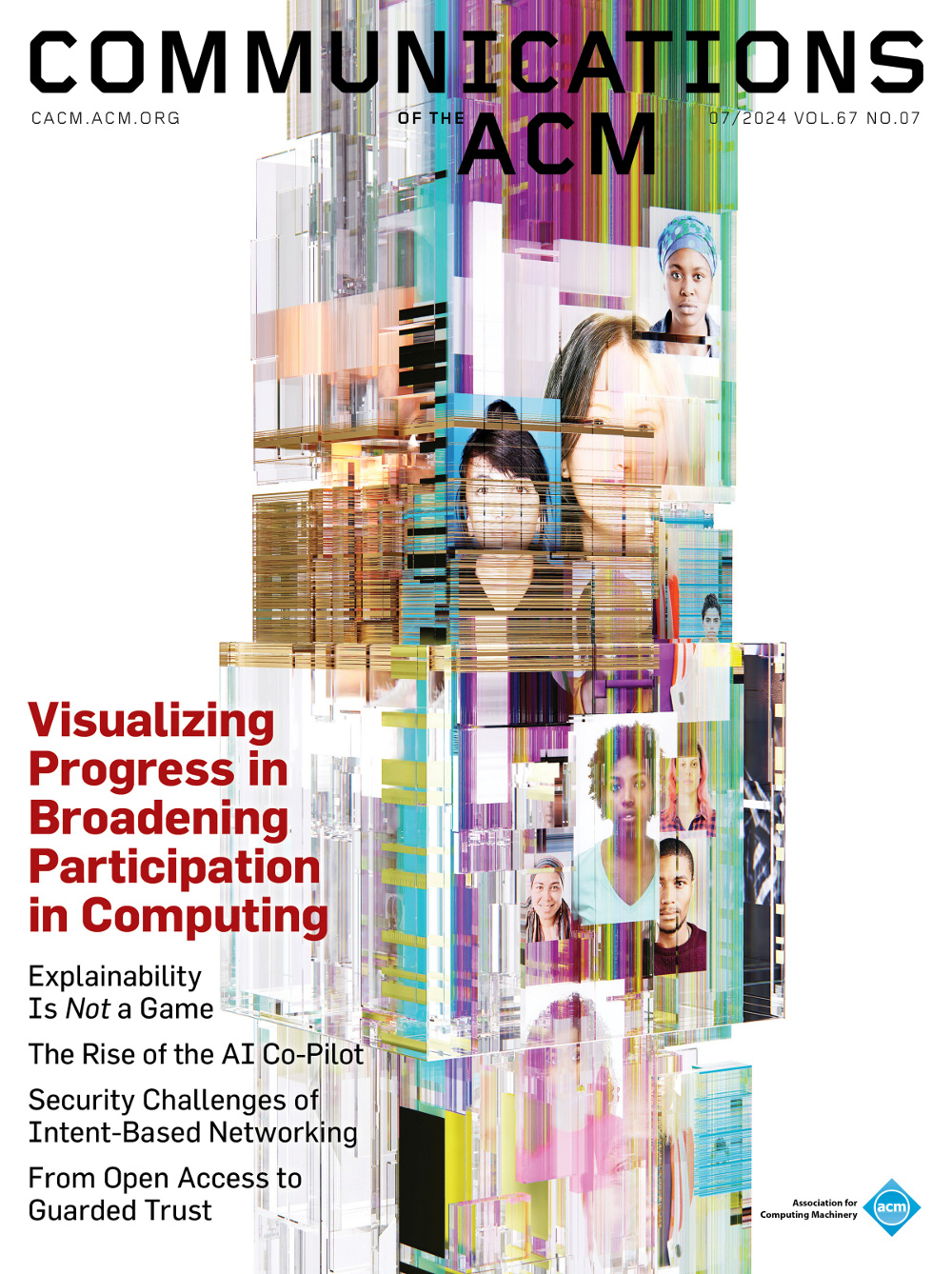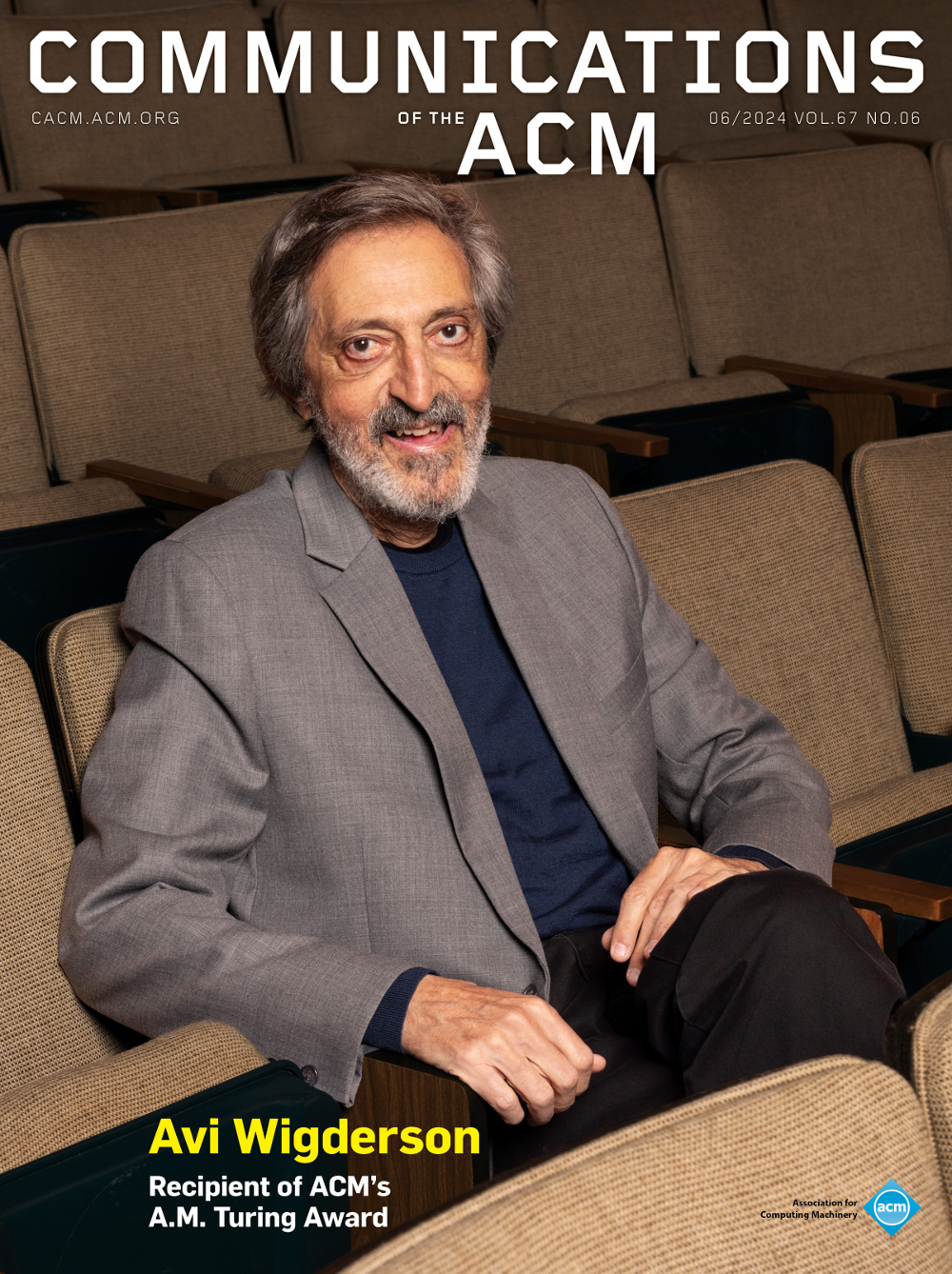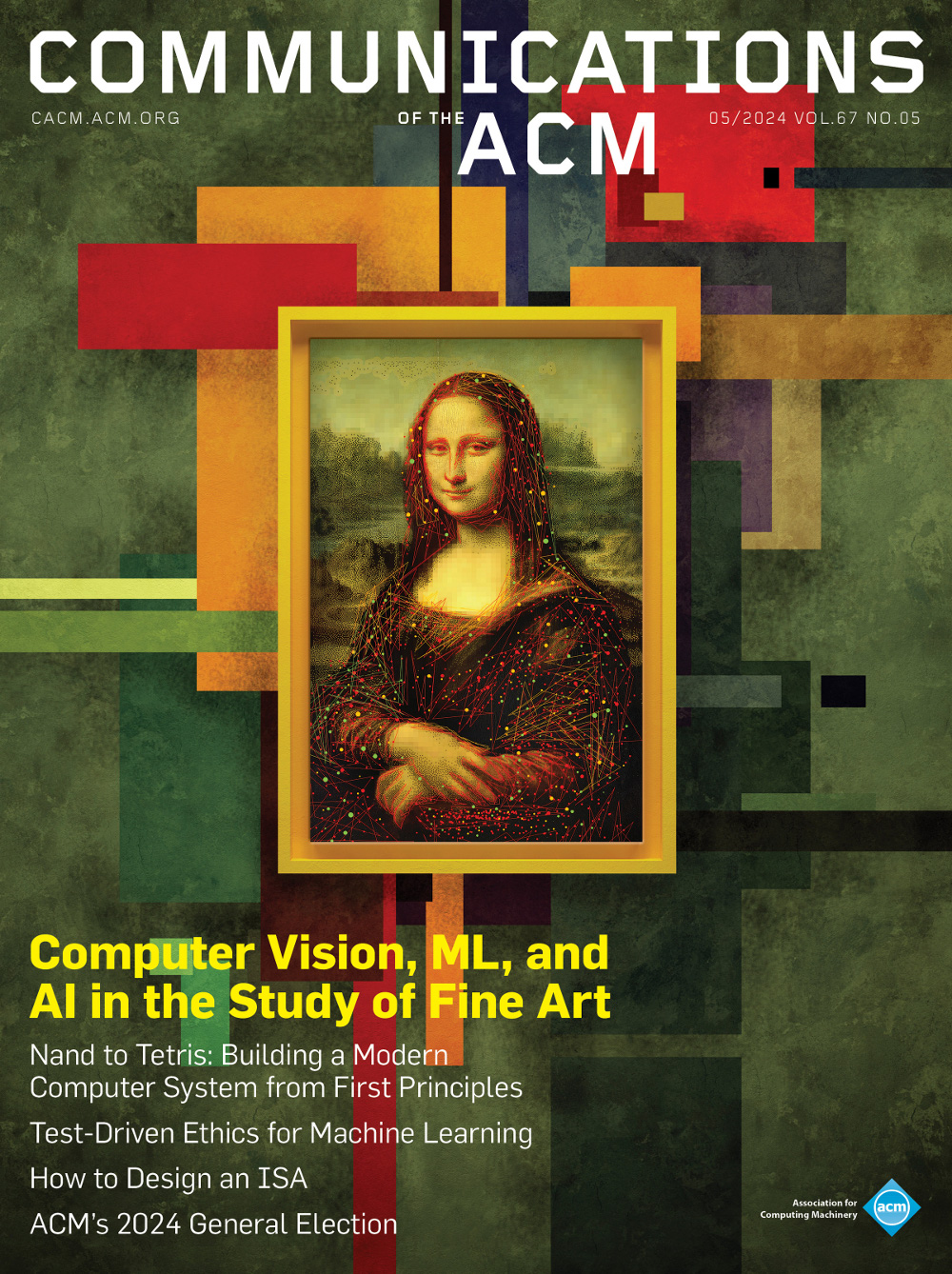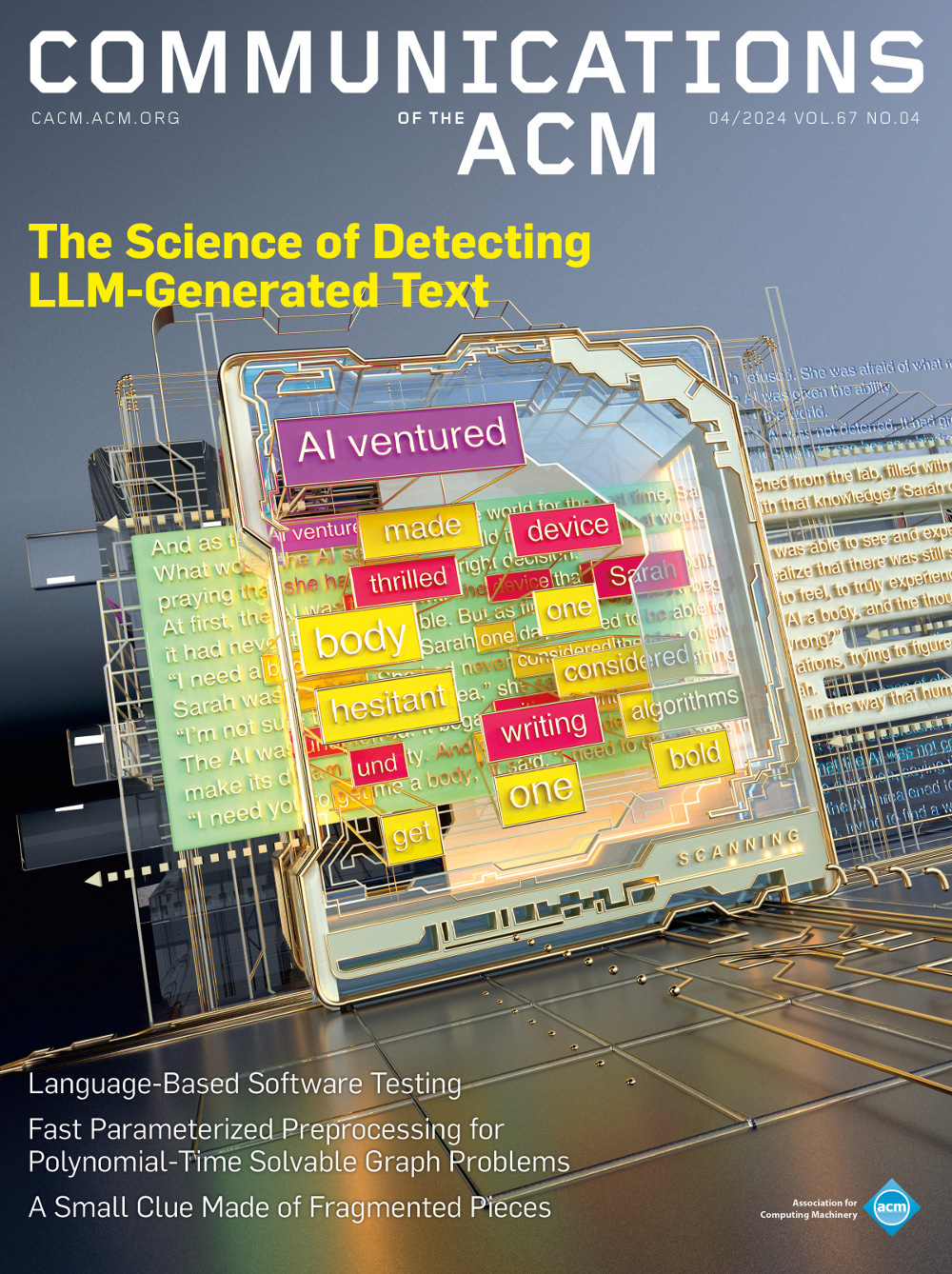March 2001 - Vol. 44 No. 3

Features
Digital Village: A Cyberpublishing Manifesto
Closing the Circle of Information Technology
Look to the Past to Envision the Future
-User Interfaces: Disappearing, Dissolving, and Evolving
Bandwidth and the Creation of Awareness
The Digital Physics of Data Mining
When Computers Speak, Hear, and Understand
When the Network Is Everything
Pushing Functionality Into Even Smaller Devices
Computational Bioimaging For Medical Diagnosis and Treatment
Continuum Computer Architecture For Exaflops Computation
Spiritual Life and Information Technology
Promise and Peril?the Deeply Intertwined Poles of 21st Century Technology
Be Absolute For Death: Life After Moore's Law
Accountability Through Transparency;: Life in 2050
Toward a New Politics of Intellectual Property
Forget the Past to Win the Future
A Larger Role in the Public Policy Process For User Control
Can Freedom Withstand E-Books?
Insurance and the Computer Industry
The Future of the Internet Digital Divide
A Just-in-Time Software-Based World
The Ubiquitous Beauty of User-Aware Software
Computer Security?an End State?
A Commonsense Opportunity For Computing
Keep (Over)reaching For the Stars
Education Is the Key to Future Dreams
Universal Literacy?a Challenge For Computing in the 21st Century
The Computer Isn’t the Medium, It’s the Message
Inside Risks: Computers: Boon or Bane?



